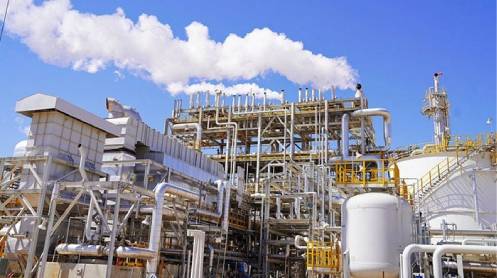KARACHI: Cnergyico Ltd. aims to resolve a prolonged dispute over unpaid Rs47.5 billion petroleum levy (PL) on petroleum products while embarking on a massive overhaul of its refinery, investing over $1 billion. The move aligns with the new Oil Refining Policy, aimed at modernizing Pakistan’s oil refining sector, the company announced on Friday.
Amidst challenges, including pending receivable claims of approximately Rs60 billion from government-controlled entities, Cnergyico has struggled to provide upfront payments for a portion of the Petroleum Levy. Nevertheless, the company ensures regular payment of current levies collected for 2023 – 2024.
The Oil Refining Policy, driven by recommendations from the Special Assistant to the Prime Minister (SAPM) on Finance, presents a solution to settle the petroleum levy issue while encouraging refinery upgrades.
Cnergyico is actively collaborating with the government to finalize a settlement deed in compliance with the policy, seeking a resolution in the national interest.
With the introduction of the new policy, Cnergyico plans to modernize its oil refining complex near Hub, Balochistan, capable of processing up to 156,000 barrels per day (bpd) of crude oil. The company intends to invest over $1 billion in the upgrade, aligning with the policy’s objectives.
This investment will significantly boost Cnergyico’s production of Euro-V compliant Motor-Gasoline (Petrol) and High-Speed Diesel while reducing Furnace Oil output.
The proposed settlement plan by Cnergyico complies with the policy, garnering support from the Petroleum Division and the Special Investment Facilitation Council (SIFC) Secretariat. The company commits to providing post-dated cheques and a bank guarantee of Rs1 billion alongside the upgrade agreement to ensure compliance with commitments made under the Oil Refining Policy.
The Oil Refining Policy is expected to attract investments between $5 billion and $6 billion in existing refineries, enhancing the industry’s capacity to produce environmentally friendly fuels while reducing reliance on costly imports.
Petrol and diesel production are projected to surge by 99% and 47%, respectively, while furnace oil production may decline by 78%, leading to substantial foreign exchange savings.







